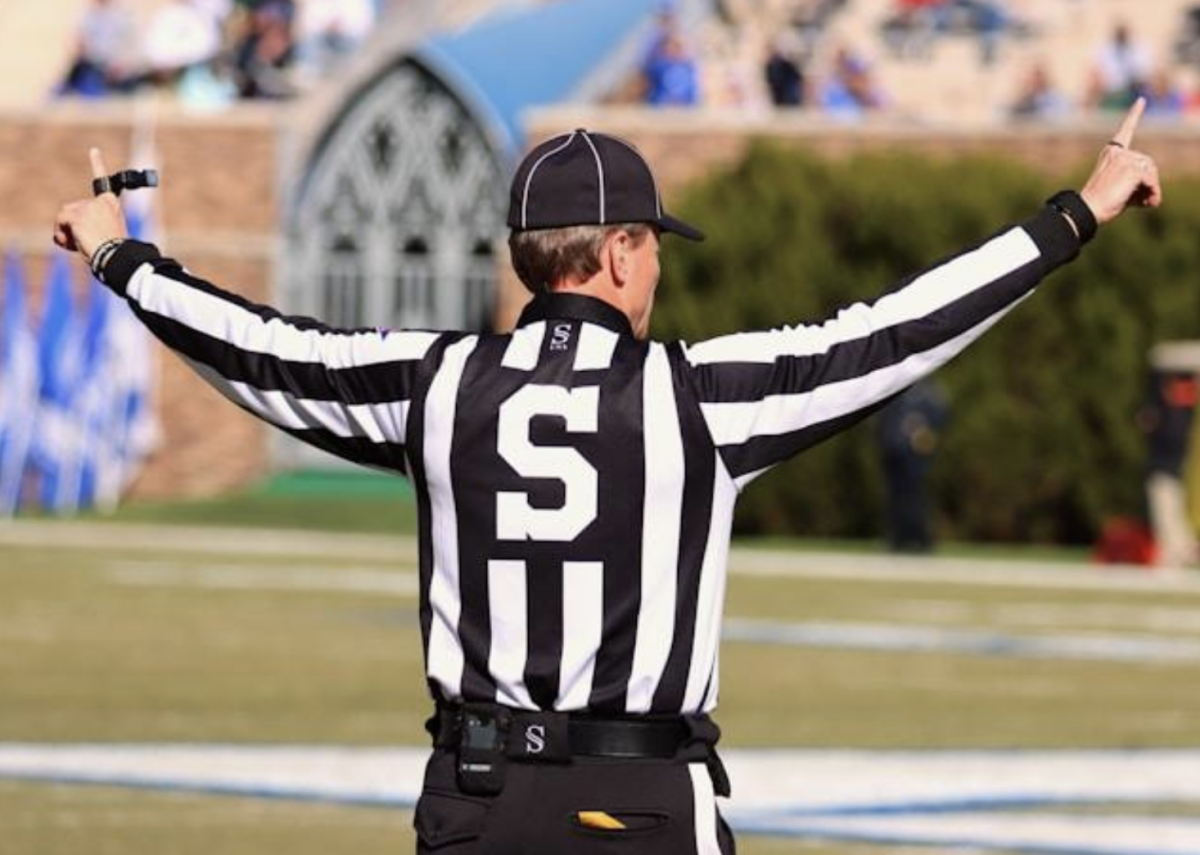Study of twins finds legalizing recreational cannabis increases use
Collegian | Tri Duong
Cannabis plants in the vegetation room at Seed & Smith cannabis grower and dispensary in Denver Feb. 26.
September 13, 2022
Having access to legal recreational cannabis appears to cause a 20% higher likelihood of its use, according to a new study from the universities of Minnesota and Colorado.
Pairs of twins, mostly from Colorado and Minnesota, were analyzed on their cannabis use before and after 2014, the year Colorado businesses started selling legal recreational cannabis. The study found that in pairs of identical twins, one of whom lived in a legal recreational cannabis state and the other illegal, the twin in the legal state was 20% more likely to use cannabis.
The research also surveyed nonidentical twins. When the twins studied included nonidentical pairs and researchers accounted for age, sex and earlier cannabis use, cannabis use attributable to legalization rose to roughly 24%.
This research design isolates several key variables, meaning they were only studying the effects of the legal environment the twin resided in and not their genetic disposition to cannabis, parental values or socioeconomic status.
The research also suggested that while legalization is correlated with an increased likelihood of recent use, legalization was unlikely to cause frequent use, which occurred at similar rates regardless of legal status.
The study was done with a sample of more than 1,400 individuals in legal states (mostly Colorado) and nearly 2,000 individuals in illegal states (mostly Minnesota), with 111 identical pairs of twins split between legal and illegal states.
Participants were asked about their cannabis use frequency slightly differently based on which sample group they were part of. The institutions from which the data was pulled, the University of Colorado Boulder Center for Antisocial Drug Dependence and the Minnesota Center for Twin and Family Research, used differing usage baselines for the pre-2014 measurement but the same metrics post-2014. Early samples were normalized to create a cohesive data set.
Regardless of residency, the participants had similar levels of cannabis use prior to 2014, but post-2014, those in legal states had considerably more use than those in illegal states. However, the researchers note that regardless of region, cannabis use was higher post-2014, though the rise was more pronounced in legal states.
The authors noted that the increase in usage may be reflecting more openness for people to try — and report their engagement in — activities that are no longer totally illegal.
The study is limited in the regions covered since most of the twins were from two states. The study lumped together states with recreational access as legal states and states with only medical marijuana systems and those without and legal cannabis as illegal states. Roughly 27% of participants were in states other than Colorado and Minnesota, but just a total of 92 participants lived in states with no legal cannabis whatsoever.
It is important to note that Minnesota does not have legal recreational cannabis (with a notable exception legalizing small recreational edibles and beverages that went into effect a couple months ago) but does have robust medical services. Hence, most of the participants in “illegal” states were still residents of regions that have some access to cannabis.
There are limitations to the study. The researchers didn’t account for variables from the states studied other than legalization status, such as political ideology and general acceptance of cannabis use. Also, the study reported the racial makeup of twins representative of their state, which in this case was overwhelmingly white.
The study makes no comments on cannabis’s effect on public health. It states further research is needed to address the public health complications of legalization and the ease of access to cannabis.
Reach Grayson Acri at cannabis@collegian.com or on Twitter @Guy1376.







